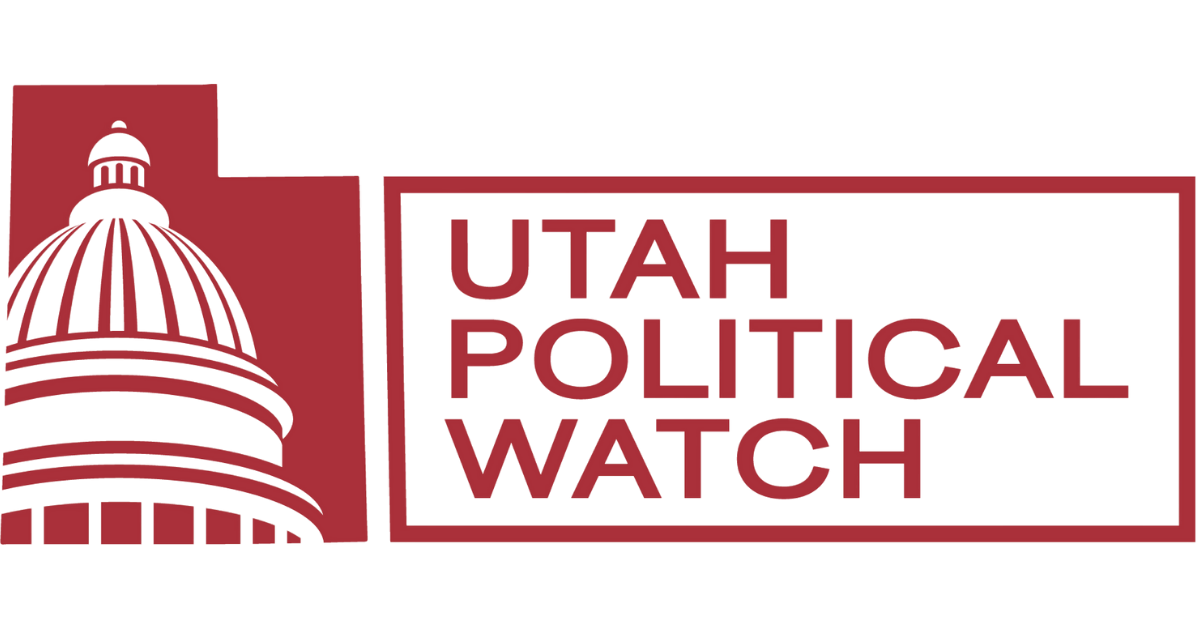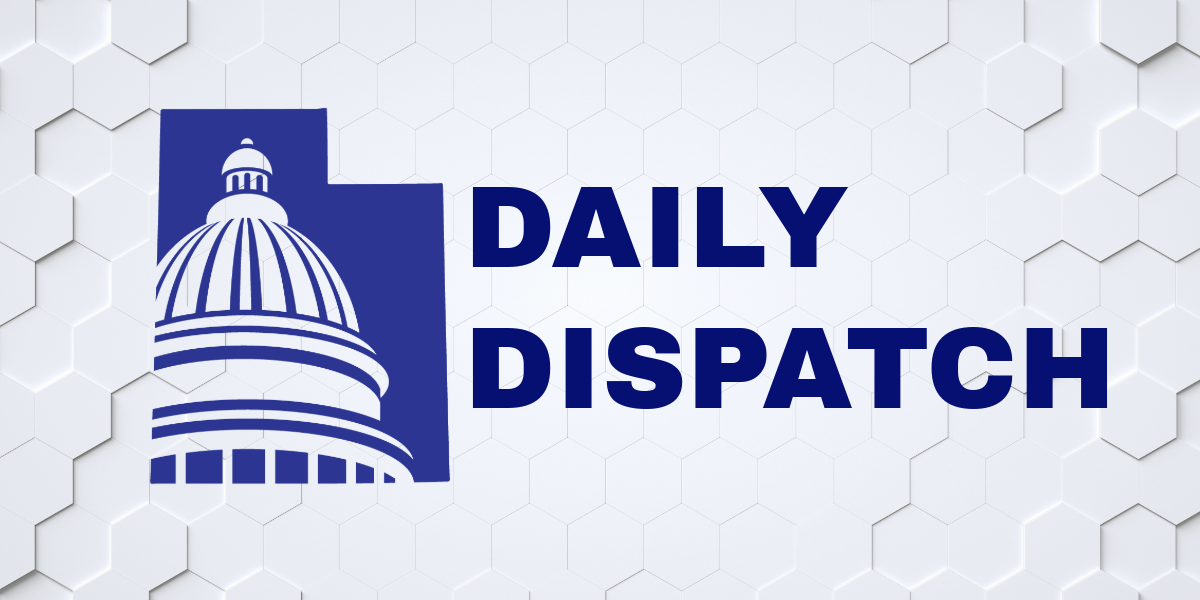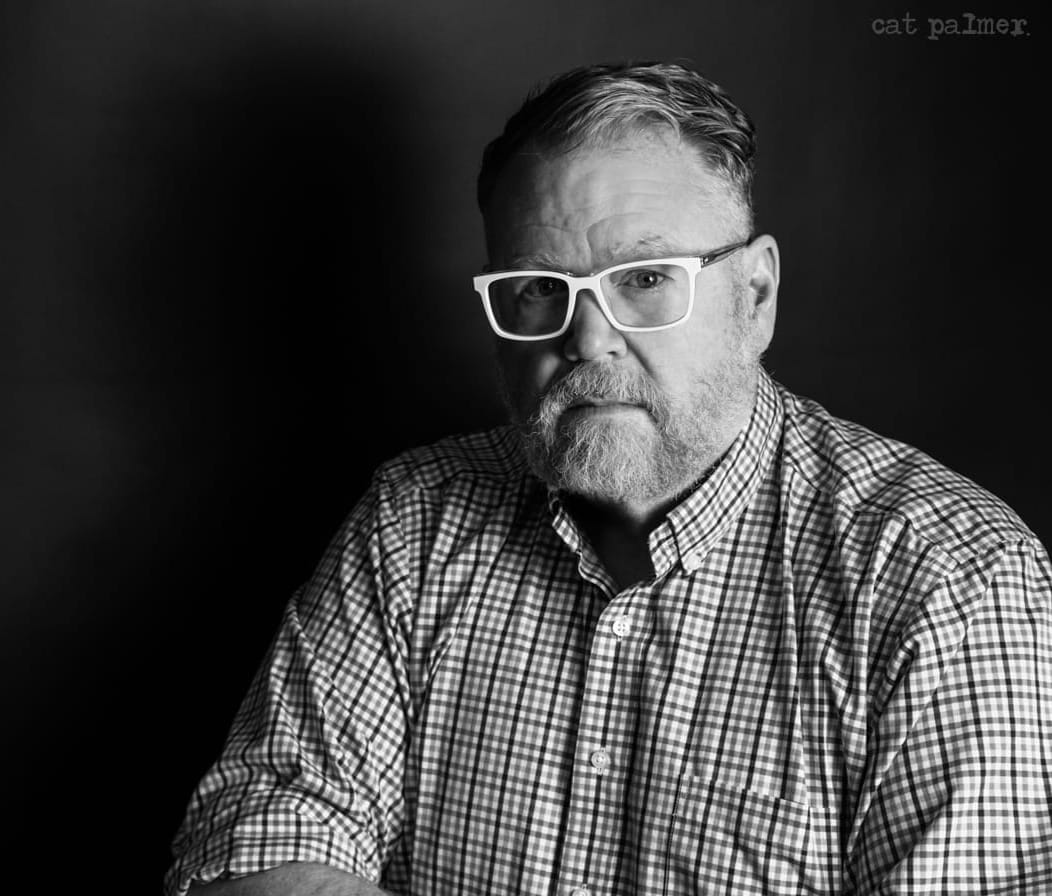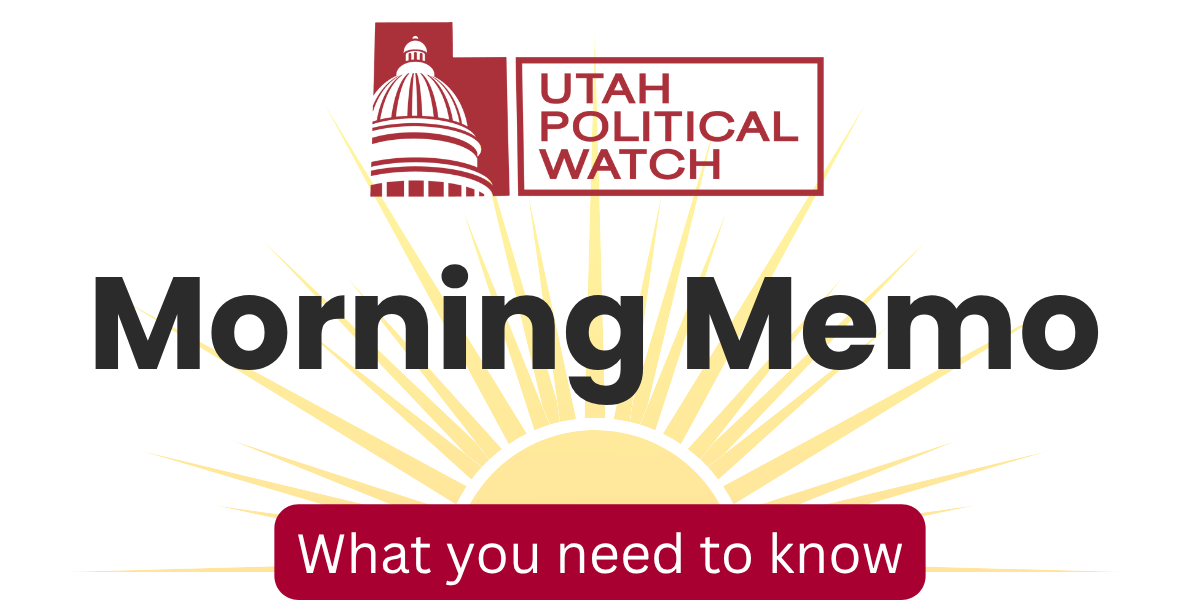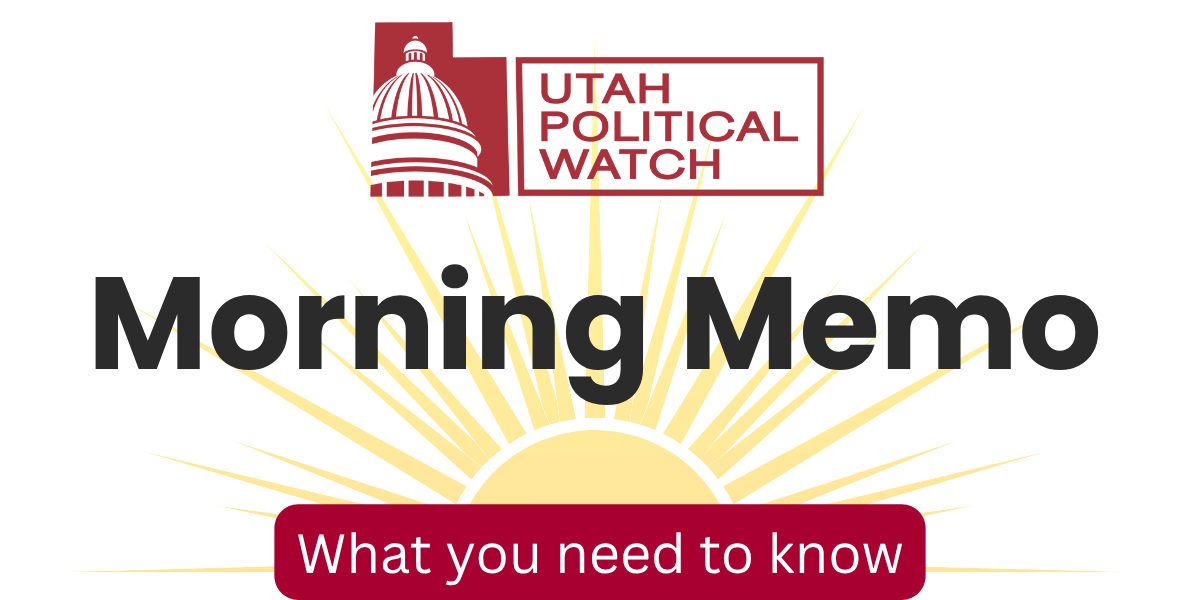How do lawmakers make it look like they're giving a piece of legislation fair consideration while guaranteeing it gets voted down? They use something called a "kill committee."
You can usually spot these efforts when a bill is assigned to a committee that has nothing to do with its subject.
Normally, a bill like SB130, Firearm and Firearm Accessory Modifications, would be assigned to the Senate Judiciary, Law Enforcement and Criminal Justice Committee. But, since the bill proposes some firearm restrictions and is sponsored by Democratic Sen. Nate Blouin, it's been sent to the Senate Natural Resources, Agriculture and Environment Committee.
Barring a miracle, the bill is probably DOA on Thursday afternoon.
Thursday's noteworthy committee hearings
The union busting bill that takes aim at teachers and other public employees hits a House committee on Thursday afternoon.
HB267 from Rep. Jordan Teuscher, R-South Jordan, takes away the collective bargaining rights of public employees, prohibiting public employers from entering into a labor contract with a union representing public employees.
Teuscher's bill is widely seen as a backlash to a conflict between the Republican-controlled Utah Legislature and the Utah Education Association, the state's largest teachers' union.
The UEA angered lawmakers by opposing Amendment A, which aimed to dramatically alter Utah's constitutionally mandated framework for public education funding and by challenging the constitutionality of Utah's private school voucher program.
Expect a full house Thursday afternoon when the bill comes up in the House Business, Labor and Commerce Committee.
That same committee will also hear the first anti-transgender bill on Thursday. HB269, sponsored by Rep. Stephanie Gricius, R-Eagle Mountain, takes aim at student housing in higher education.
House Education Committee
- HB157 from Rep. Colin Jack, R-St. George, which requires the state to develop an "energy education" curriculum for K-12 students "to advance an understanding of energy policy."
- The committee will also consider HB104 from Rep. Rex Shipp, R-Cedar City, which would require schools to teach about firearm safety.
Senate Transportation, Public Utilities, Energy, and Technology Committee
- Sen. Jerry Stevenson, R-Layton, wants the state to spend $500,000 to explore the possibility of building a spaceport. SB62 creates a committee that will evaluate the "demand for space launch services."
The big budget cuts to higher education will be on the agenda Thursday morning for the Higher Education Appropriations Subcommittee. HB265 lays out a process for reallocating funds toward more high-performing programs.
New bills that caught my attention
- Rep. Jefferson Burton, R-Salem, is proposing some major changes to Utah's vote-by-mail system with HB300. Instead of a voter returning a ballot in the mail, they would be required to bring it to a polling place where they must provide valid identification. The only time a voter could put a ballot in a drop box is if there are two poll workers present.
- HB294 from Rep. Matt MacPherson, R-West Valley City, re-litigates mask mandates. A "place of public accommodation" or business regulated by the state cannot require a person to wear a face covering if they experience "physical or emotional distress" when wearing one.
- SB151 allows taxpayers to contribute to a statewide "Hunger Relief Fund" on their income tax returns. Under the proposal from Sen. Don Ipson, R-St. George, the money contributed to that account will go to the Utah Food Bank.
- Sen. Nate Blouin, D-Salt Lake City, introduced SB152, which prohibits local governments from requiring a garage on a one or two-family dwelling.
- Rep. Jason Kyle, R-Huntsville, wants to prevent Utah from joining the National Popular Vote Interstate Compact, which is an agreement among several states to give their Electoral Votes to the presidential candidate who wins the popular vote, regardless of whether that candidate carries their state. HJR 5 would put a constitutional amendment on the 2026 ballot to ensure that Utah's presidential electors are not required to vote for the winner of the popular vote.
